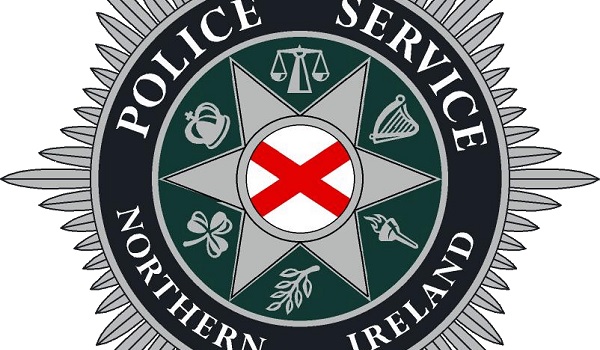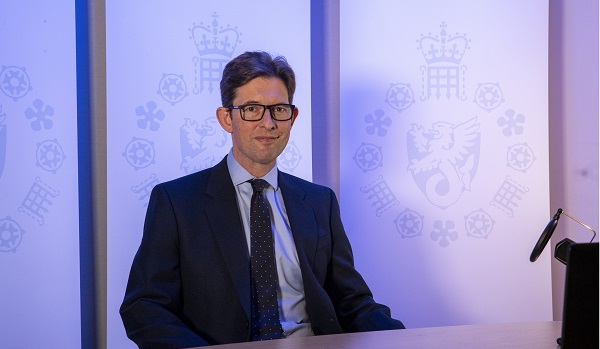Boost enforcement and slash drink-drive limit to cut deaths, ministers told
Drink-drive limits should be cut in England and Wales and enforcement should be boosted due to the failure of existing measures to reduce deaths from crashes, ministers have been told.
A government-funded study recommended that the limit be cut by more than a third, and reduced to zero for professional and novice drivers.
The Parliamentary Advisory Council for Transport Safety (PACTS) said this would have a “totemic impact and long-term benefit”.
It claimed the Government will be “forever criticised for being out of step with other countries” if it leaves the limit unchanged.
Around 240 people have been killed each year on Britain’s roads in collisions involving a drunk driver over the past decade. The limit in England and Wales has been 80mg of alcohol in 100ml of blood since 1967. No other part of Europe has a limit above 50mg/100ml, the study noted.
In 2014, the Scottish government reduced the limit to that level. The Northern Ireland Assembly passed legislation to follow Scotland’s reduction in 2018, but this has not yet come into force.
Reductions in the limit have been shown to reduce fatal crashes in a number of countries, including Australia, Brazil, France, Japan, Serbia, Sweden, Switzerland and the US, PACTS said.
The study includes 30 in-depth interviews with drink drivers, showing the complex mental health and alcohol problems that some of them suffer. As a result, current arrangements are not enough to help them or to deter them from drink-driving again. The Covid-19 pandemic is likely to have worsened the risks as alcohol consumption, mental health pressures and traffic speeds have all increased, as other countries have reported increases in road deaths during lockdown periods, partly due to drink-driving.
Many of the drink-drivers interviewed for the study also spoke about “uncertainty surrounding what the current drink-drive limit meant” and explained they “did not see the point of just having one drink”.
Drink-drivers are also more likely to have a criminal record than the general driving population and according to government data, meaning reoffending was a major concern.
The report – led by the University of Stirling and the University of Dundee – notes that in the past decade:
- 32,025 people committed a drink drive offence with a previous drink/drug-drive offence on their record – seven per cent of those people who committed a drink/drug drive offence;
- 107,913 drink-drive offences were committed by someone with a previous drink/drug-driving offence on their record – 17 per cent of drink/drug-drive offences;
- Eight people were convicted of causing death by careless driving when unfit through drink/with alcohol level above the limit with a previous drink/drug offence on their record; and
- One driver was charged with driving or attempting to drive with alcohol level above the limit with eight previous drink/drug-drive offences on their record. One person committed the offence ‘driving or attempting to drive with drug level above the specified limit’ when they had 18 previous drink- and drug-driving offences.
The police are also increasingly detecting drivers who have combined drink and drugs, which can be dangerous at levels below the current breath test limit.
The PACTS report recommends:
- mandatory breath testing powers for the police and the reduction in enforcement levels to be reversed;
- increased penalties for drivers who combine drink and drugs;
- specialist rehabilitation courses for those with mental health and alcohol problems;
- a lower breath test limit for England and Wales;
- reforming the High Risk Offender Scheme; and
- that the Government pays more attention to drink-driving in alcohol harm and night-time economy policies.
PACTS executive director David Davies said: “After ten years of declining levels of enforcement and social media campaigns aimed at young men, it is time for a new, more comprehensive approach to reducing the toll of drink-drive deaths and injuries.
“Drink-driving is often cited as a road safety success story, yet it remains a major killer and progress has ground to a halt since 2010. Not only is better enforcement important but also the issues of mental health and alcohol dependency need to be recognised.”
He added: “A lower limit is not a magic bullet but government polices to reduce drink-driving will lack credibility as long as they avoid this change.”
RAC road safety spokesman Simon Williams said: “There has been virtually no progress in reducing drink-driving deaths for nearly a decade, so something different clearly needs to be done. A lower limit is something our research shows the majority of drivers would be in favour of.”







